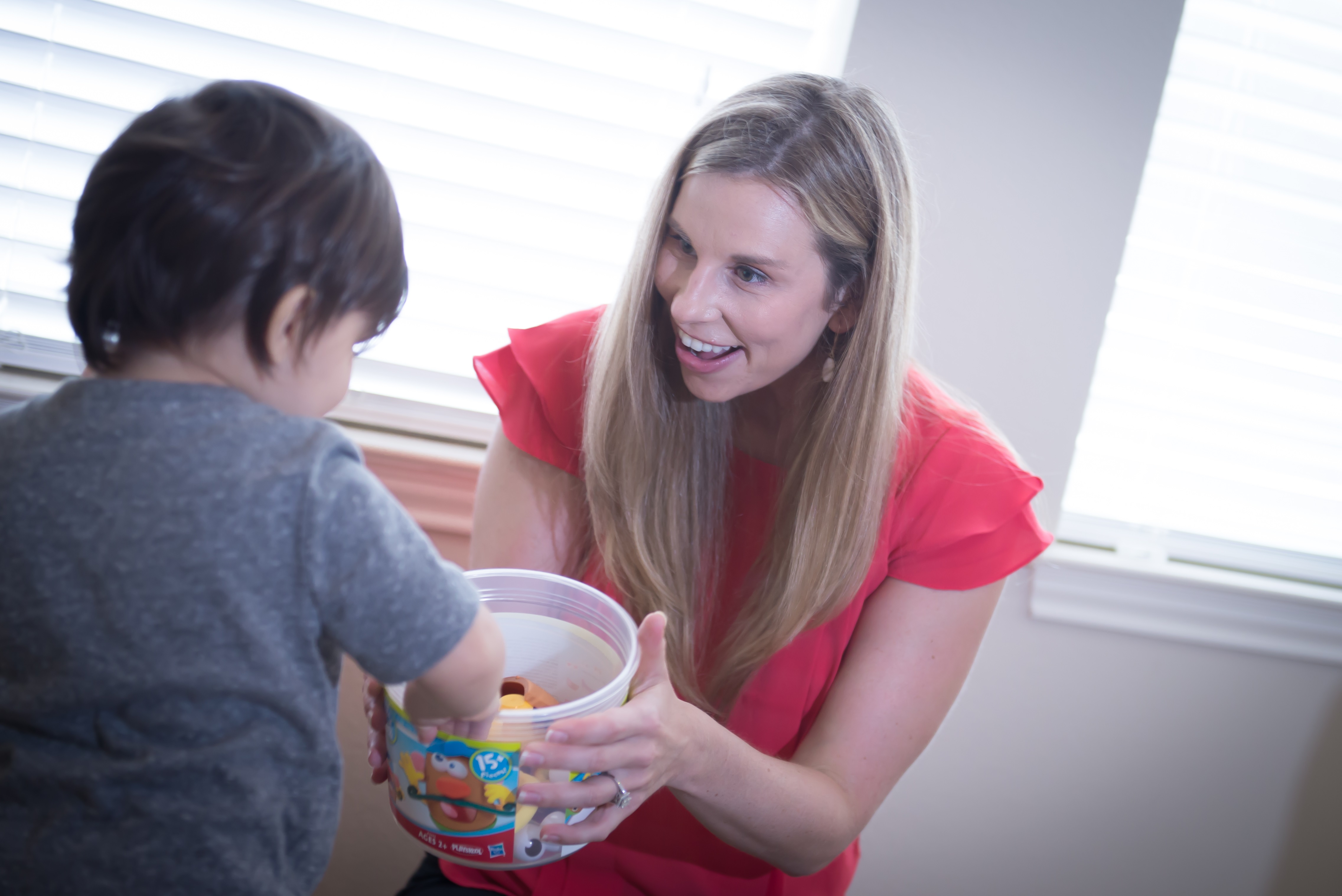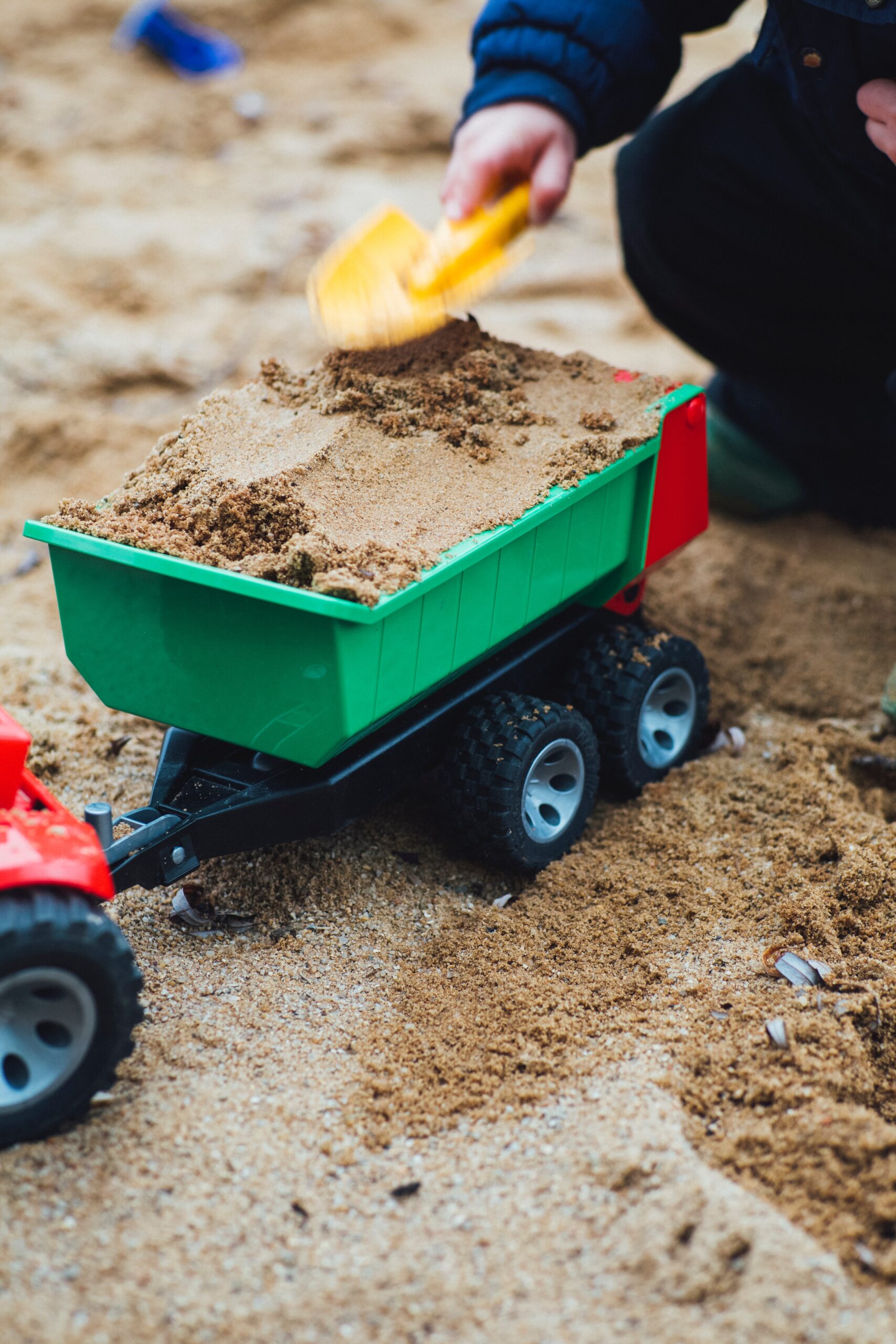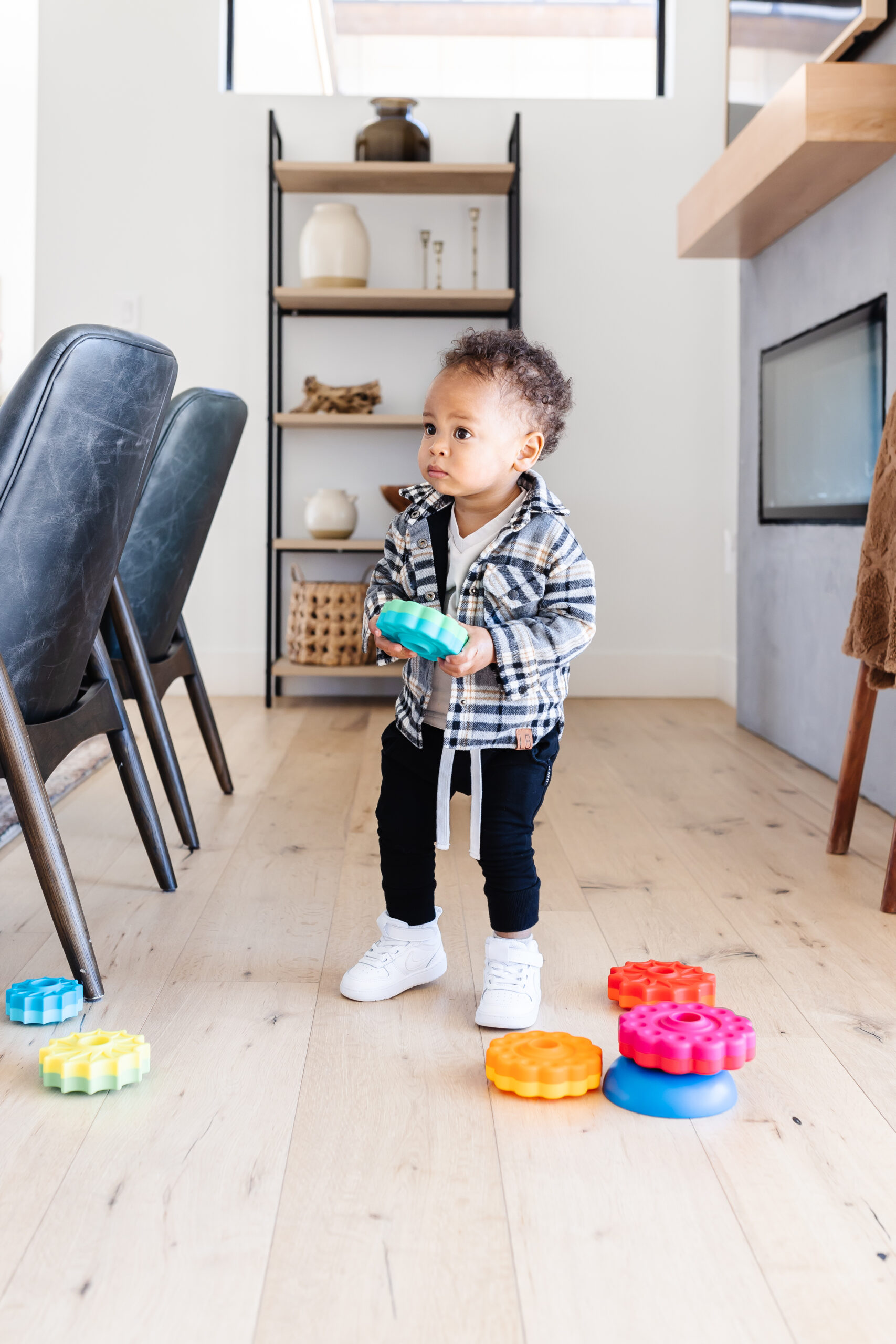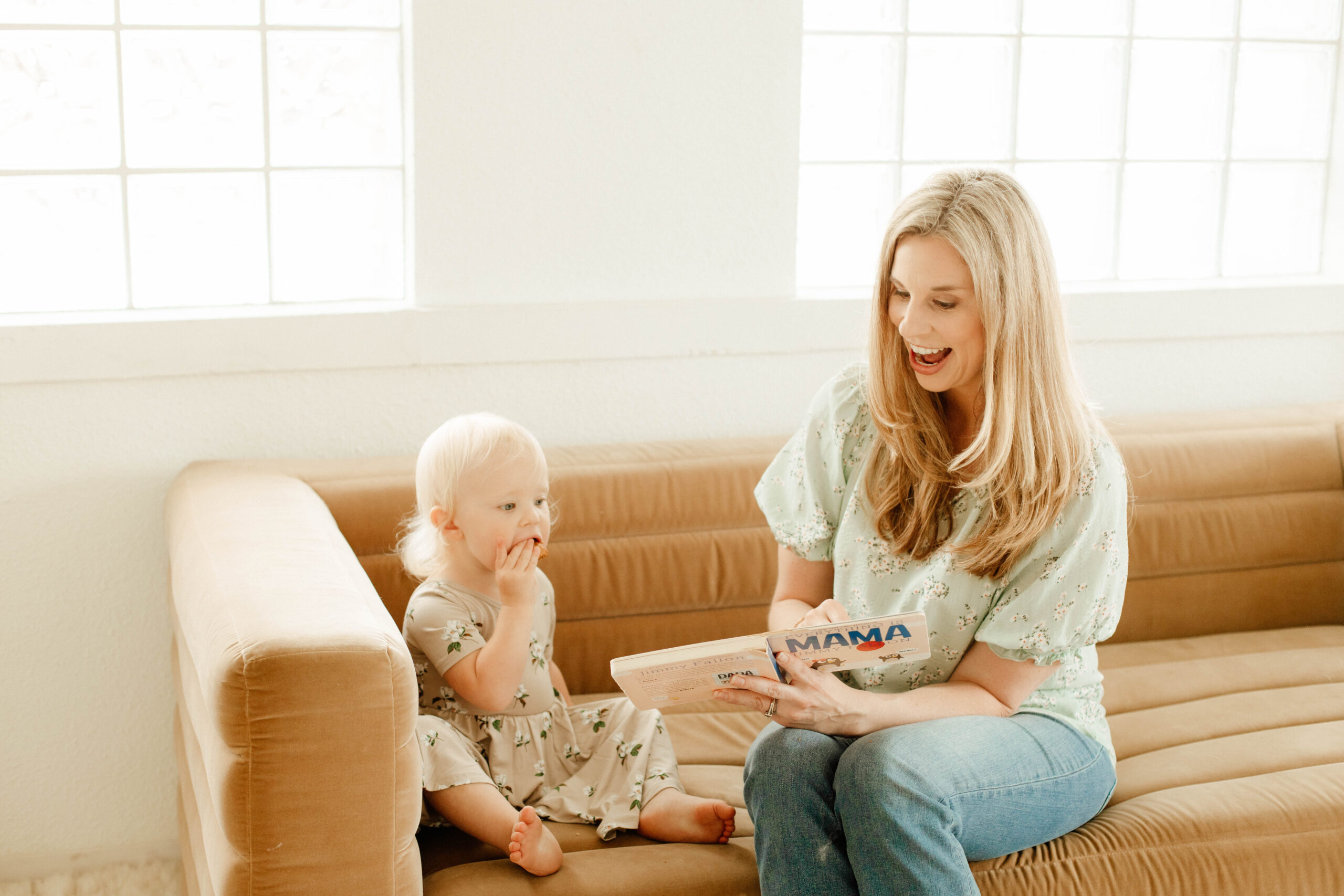[et_pb_section admin_label=”section”][et_pb_row admin_label=”row”][et_pb_column type=”4_4″][et_pb_text admin_label=”Text” background_layout=”light” text_orientation=”left” use_border_color=”off” border_color=”#ffffff” border_style=”solid”]
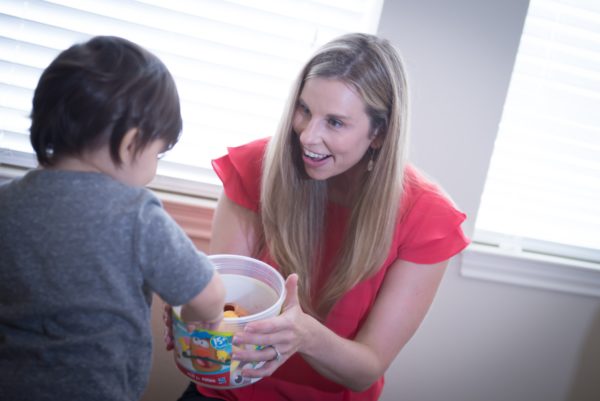
90% of learning in early childhood classroom is through play. What is play? Play is the primary vehicle for social learning in young children. In fact, play is the vehicle children use to learn all academic concepts. This includes number concepts, having conversations, learning as part of a group, developing relationships, sharing an imagination, problem solving, understanding how we make others feel, and how to tell and understand a story – exactly the skills we need to develop literacy. As Dr. Alison Gopnick put it, “Children are eventually going to recognize letters, but learning how people work and what’s on others mind is a much deeper and profound learning.”
The play and learning connection is a deep one. When kids begin to play and pretend, they play what they know. They are essentially acting out the stories of their lives. These are the beginnings of “personal narratives” and they are critical for maintaining relationships for the rest of our lives. These “stories” also have a beginning, middle, and end. This understanding of story structure is what helps children later with reading comprehension.
Play helps children learn to take the perspectives of others, an essential component for understanding the motives of characters. Additionally, play helps children with their “metalinguistic awareness,” which means thinking and talking about language. Reflecting on what your reading and having the ability to talk about what you read is imperative for classroom success. Finally, play provides children with an increased ability to share complex ideas. Sharing imagination during play (ex: “Let’s pretend we are race car drivers!”) provides children with the opportunities to practice expressing their ideas to others. This is why play is so important…It is the precursor to academics!
Furthermore, play helps children “work through” difficult situations in their lives. When children don’t have the capacity to understand a situation or the language to express their feelings, “ play gives children a vehicle to work through the problem. Children are able to “act out” different roles and scenarios, allowing them to understand the situation in a way that they can process. Depriving children of play deprives them of this necessary opportunity.
Children don’t just enjoy play, they need it! Play is necessary for successfully navigating both the social and academic world. Children need play to become successful adults. It’s time we recognize the importance of play and stop “dismissing it” in favor of “academic” type skills. When a young child is falling behind in a certain area, it can be tempting to choose more academic based drills and flash card activities. However, this is not meaningful learning for young children. In fact, we should encourage them to play more in order to boost their skills in those areas. The trick is to play with your children. This will provide the most benefit to your little one by teaching them skills in a fun and meaningful context. As Brian Sutton-Smith, Dean of Play Studies at the University of Pennsylvania said, “The opposite of play isn’t work, it is depression.”
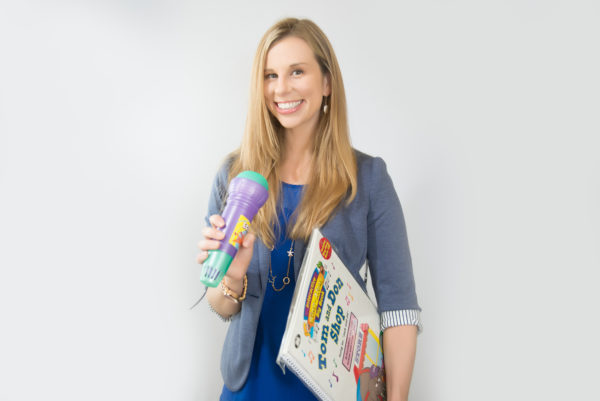
Brooke is the owner of The Speech Dynamic, where she provides play based and family centered speech and feeding therapy. She is the co-creator of “Wiggle time,” an interdisciplinary curriculum for pediatric therapy. She has presented at The North Carolina Exceptional Children’s Conference regarding embedding language into routines. She has also shared her expertise on a panel for The University of North Carolina at Chapel Hill. Brooke has a passion for helping families understand the importance of play for speech & language development.
[/et_pb_text][/et_pb_column][/et_pb_row][/et_pb_section]
